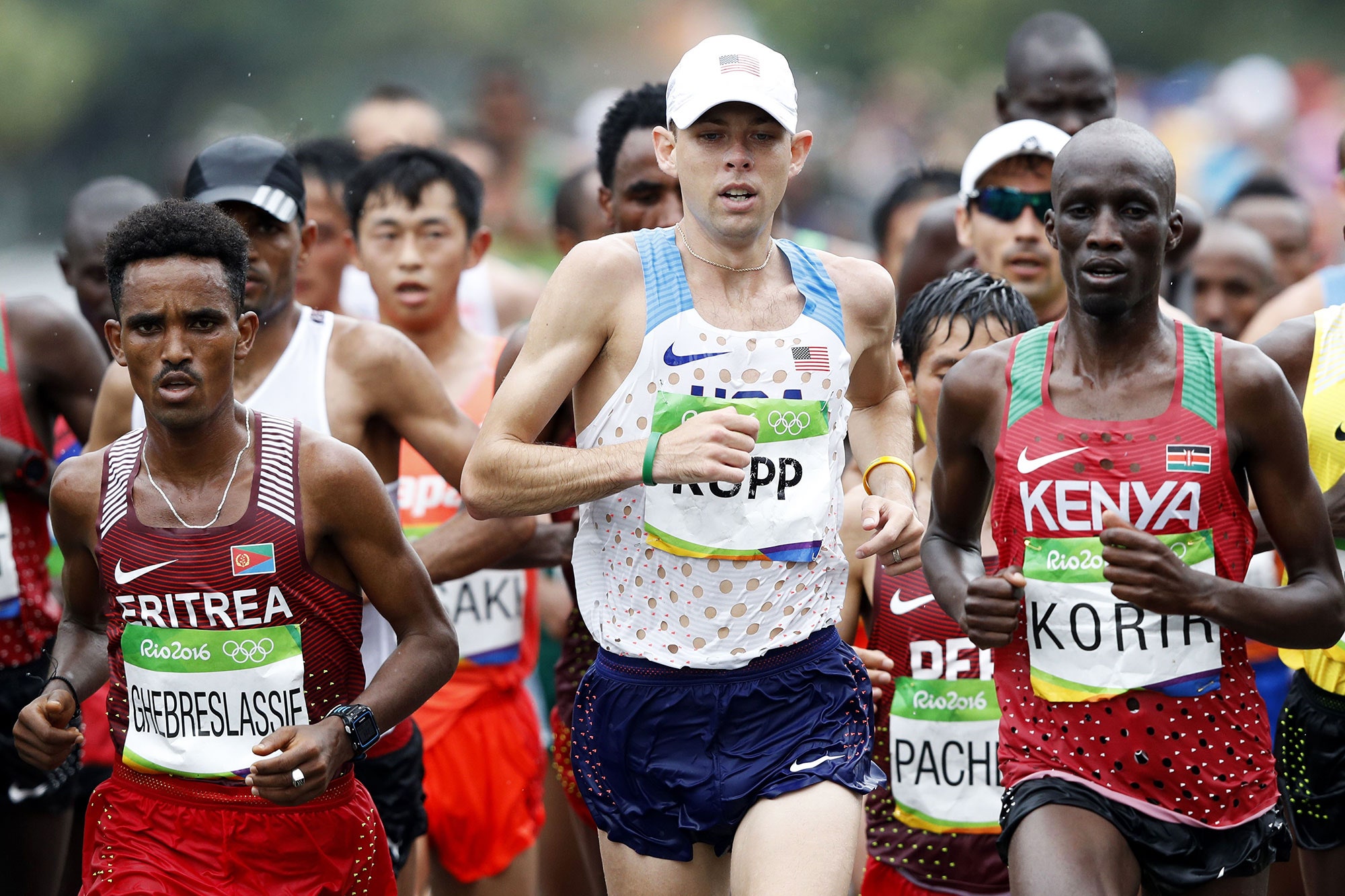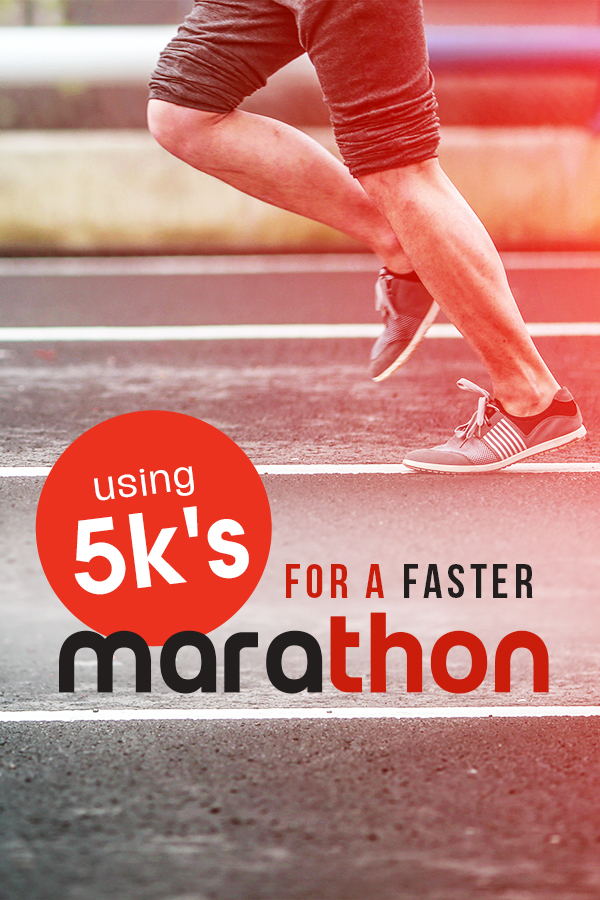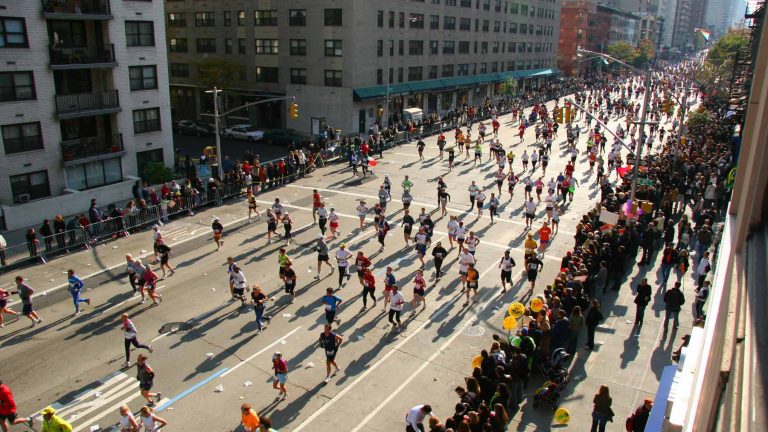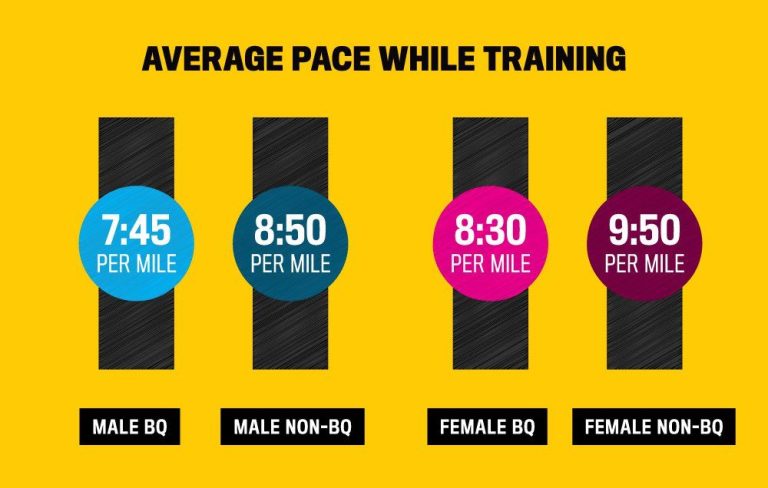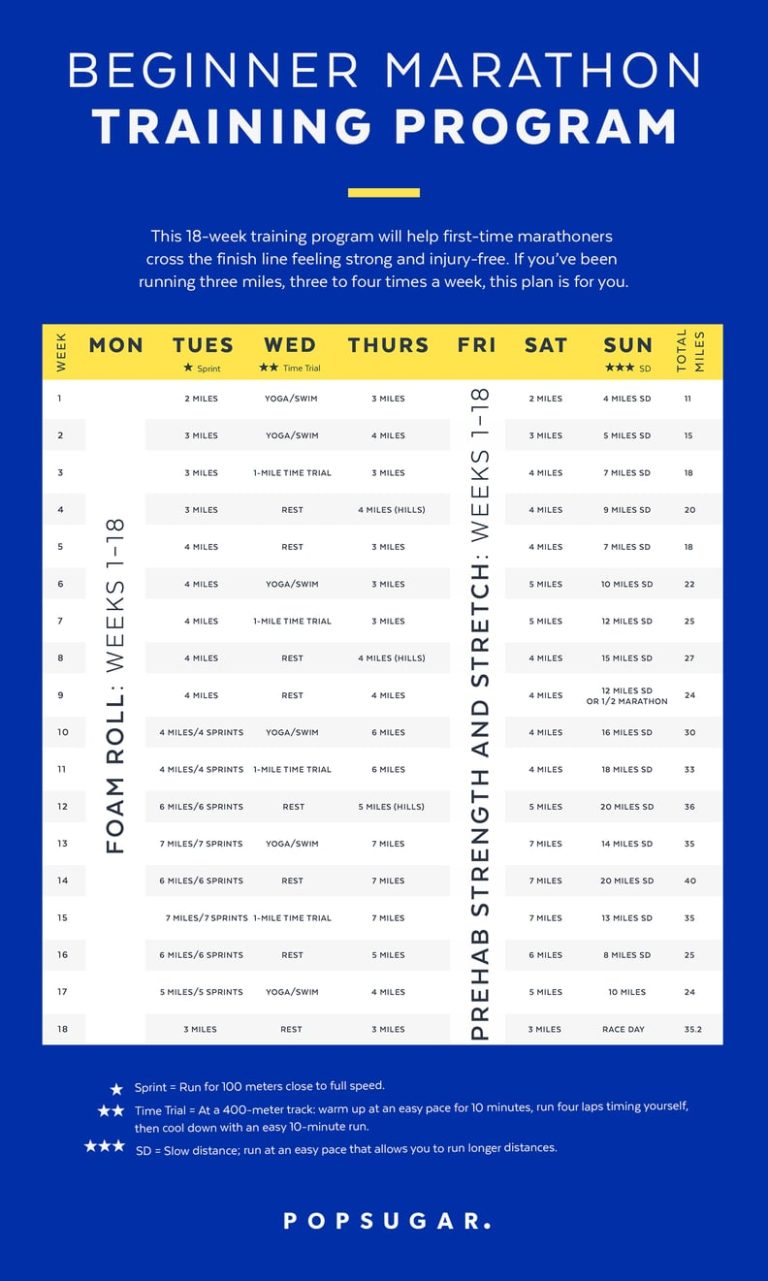How Many Marathon Runners Go to the Olympics
Very few marathon runners go to the Olympics. The Olympics typically only include around 150 marathon runners.
Participating in the Olympics as a marathon runner is a rare and prestigious opportunity. Athletes must first qualify for their national teams and then meet the Olympic qualifying standards. Once at the Olympics, runners compete in a 26. 2-mile race on the international stage, showcasing their speed, endurance, and determination.
The Olympics provide a platform for these runners to demonstrate their talent, hard work, and dedication to the sport. The competition is fierce, and only the most elite marathon runners from around the world earn the privilege of representing their countries at this prestigious event.
Marathon Running In The Olympics
Marathon running holds a special place in the Olympics, symbolizing endurance and determination.
Criteria For Olympic Marathon Qualification
- Select runners meet qualifying time standards
- Participate in recognized marathon events
- Adhere to the Olympic athlete code of conduct
The Importance Of Marathon Running In The Olympics
Marathon running showcases athletic prowess on a global stage.
Numbers Of Marathon Runners In The Olympics
Marathons have been a prominent event at the Olympic Games since its inception, with a rich tradition of participation from various countries. The number of marathon runners in the Olympics has seen fluctuations over the years due to changing qualification criteria, host country preferences, and evolving trends in the sport.
Historical Trends Of Participating Marathon Runners
Historically, the participation of marathon runners in the Olympics has varied. In the early years, the number of runners was generally smaller, often limited to a few dozen athletes. However, as the popularity of marathons grew worldwide, the Olympic quota increased, allowing more participants to compete at the Games. Notably, the inclusion of more women’s events also expanded the overall number of marathon runners in the Olympics.
Recent Statistics Of Marathon Runners In The Olympics
In recent years, the trend has continued to reflect a diverse representation of marathon runners at the Olympics. The number typically ranges from approximately 155 to 160 participants across both men’s and women’s events. This range accommodates a balance between ensuring a competitive field and providing opportunities for athletes from various nations to showcase their talent on the global stage.
Factors Influencing The Number Of Marathon Runners In The Olympics
Factors Influencing the Number of Marathon Runners in the Olympics
International Qualification Standards
“` International Qualification Standards for the Olympics are typically set by the International Association of Athletics Federations. Athletes must meet a specific time requirement during certified races to qualify automatically. Additionally, national Olympic committees have a limited number of spots for marathon runners based on these standards. “`htmlNational Selection Processes
“` National Selection Processes for the Olympics vary from country to country, but they often involve a combination of time trials and competitive races. The selection of marathon runners also depends on the country’s specific qualification standards and overall performance in international competitions. Athletes who consistently meet high standards have a greater chance of being selected. The selection of marathon runners for the Olympics is influenced by both international qualification standards and national selection processes. Proper training and achieving specific time requirements play a crucial role in securing a spot at the Olympics. Additionally, each country’s selection process determines how athletes are chosen, emphasizing the importance of consistent performance and competitive results.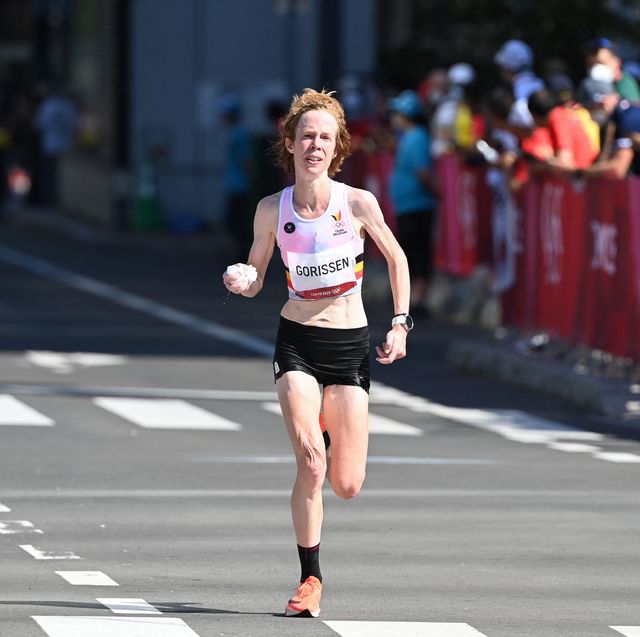
Credit: www.runnersworld.com
Impact Of Marathon Running In The Olympics
The Impact of Marathon Running in the Olympics
Inspiring A New Generation Of Runners
Marathon runners at the Olympics inspire young athletes worldwide.
- Role models: They serve as role models for aspiring runners.
- Encouragement: Their dedication encourages children to pursue running.
Boosting The Popularity Of Marathon Running
Olympic marathon events have significantly boosted the popularity of long-distance running.
- Increased interest: More people are getting involved in marathons.
- Global reach: The Olympics provide a platform for marathon exposure.
Challenges And Controversies
The road to the Olympic Games is a coveted journey for many marathon runners around the world. However, this path is not without its challenges and controversies. Factors such as gender disparity in marathon representation and advancements in marathon training and technology have sparked debates and raised questions about the fairness and integrity of the selection process. Let’s take a closer look at these issues:
Gender Disparity In Marathon Representation
The representation of marathon runners in the Olympics has historically shown a significant gender disparity. While the marathon was added to the Olympic Games in 1896, it took more than 80 years for women to be officially allowed to compete in the event. The 1984 Olympics in Los Angeles marked the first time women were included in the marathon, demonstrating progress in gender equality.
However, there is still room for improvement. Women’s marathon races are often scheduled on different days or at different times than the men’s race, leading to differences in course conditions and potentially affecting performance. Additionally, the number of slots available for women marathoners is often less than that for men, creating an asymmetry in representation.
Advancements In Marathon Training And Technology
Over the years, marathon training and technology have evolved significantly, enabling athletes to achieve faster times and higher performances. While this progress is undoubtedly impressive, it has also resulted in controversies surrounding the use of performance-enhancing substances and methods.
One of the most notable examples is the debate around the use of specialized footwear, such as carbon-plated shoes, which have been shown to provide a performance advantage. This technology has given rise to questions about fairness and whether all athletes have an equal opportunity to compete.
| Year | Number of Women’s Slots | Number of Men’s Slots |
|---|---|---|
| 2012 | 80 | 105 |
| 2016 | 87 | 105 |
| 2020 | 100 | 105 |
In conclusion, the path to Olympic representation for marathon runners is riddled with challenges and controversies, including gender disparity and advancements in training and technology. While progress has been made in promoting gender equality, there is still work to be done in ensuring fair representation for women. Furthermore, advancements in training methods and technology continue to raise questions about fairness and level the playing field for all athletes.
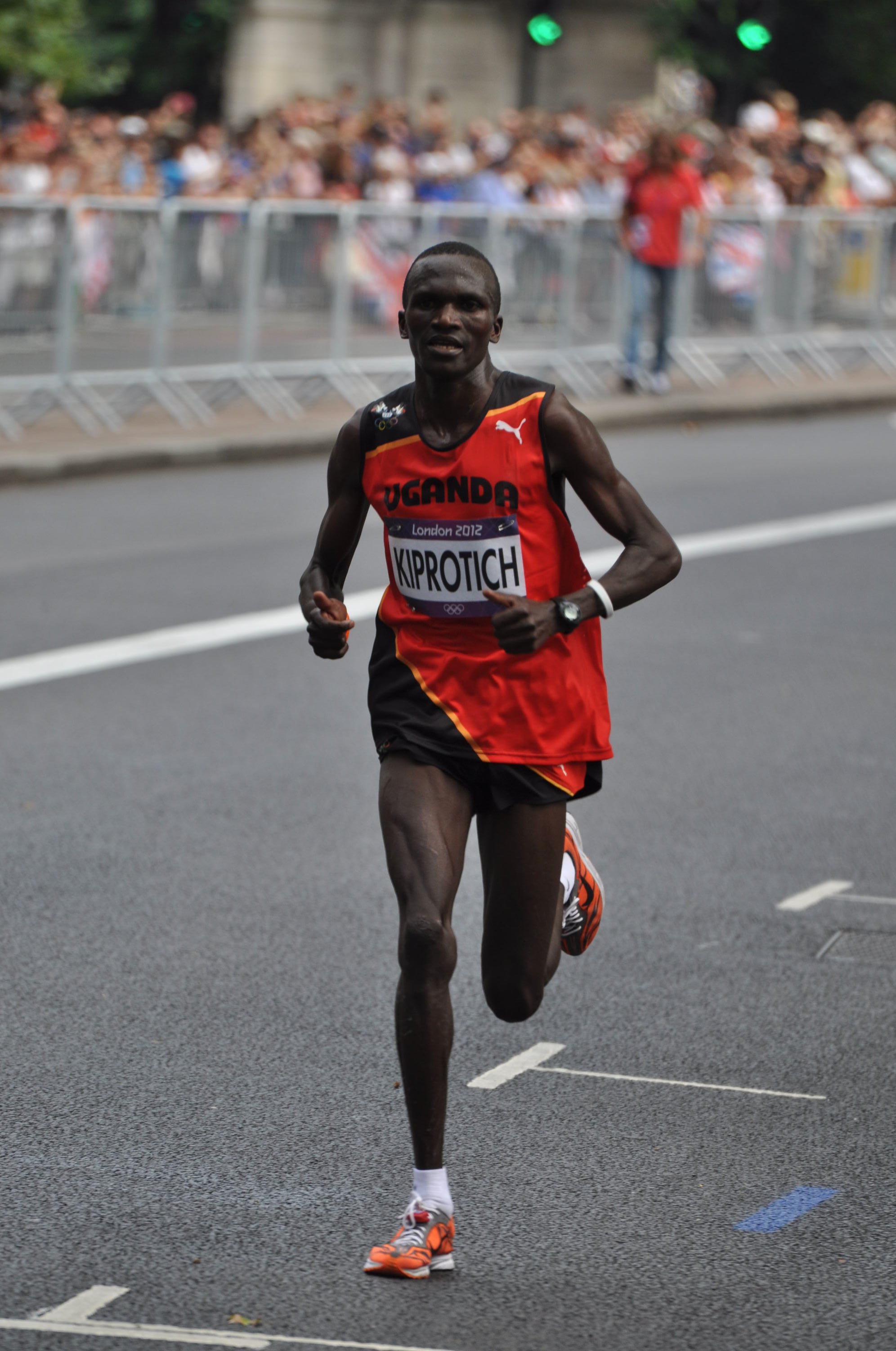
Credit: en.wikipedia.org
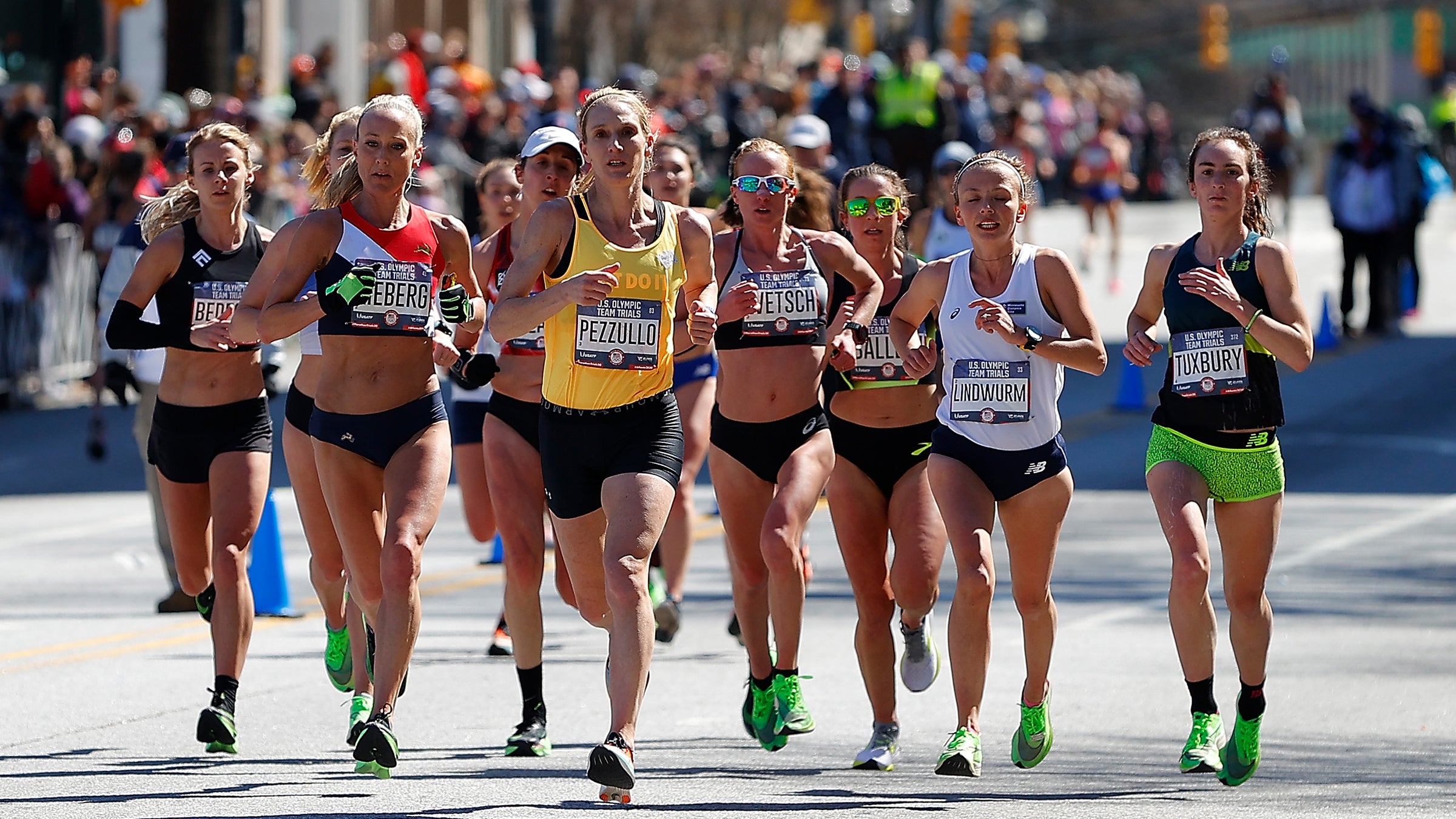
Credit: www.outsideonline.com
Frequently Asked Questions For How Many Marathon Runners Go To The Olympics
How Many Marathon Runners Qualify For The Olympics?
A certain number of marathon runners qualify for the Olympics, depending on the specific rules and criteria set by the International Olympic Committee (IOC). The exact number varies from one Olympic edition to another and is determined by factors such as performance standards and available spots.
How Many People Go To The Olympics For The Marathon?
Around 80-100 athletes compete in the Olympic marathon, representing their countries on the global stage.
Is A Marathon An Olympic Sport?
Yes, a marathon is an Olympic sport. It has been part of the Olympics since the inaugural modern games in 1896.
Conclusion
The journey to the Olympics for marathon runners is a challenging one. But with dedication and hard work, dreams can become reality. Every runner has a unique path to success, but the common thread is the passion for the sport.
The Olympics are the pinnacle for elite athletes, showcasing their talent on a global stage.

